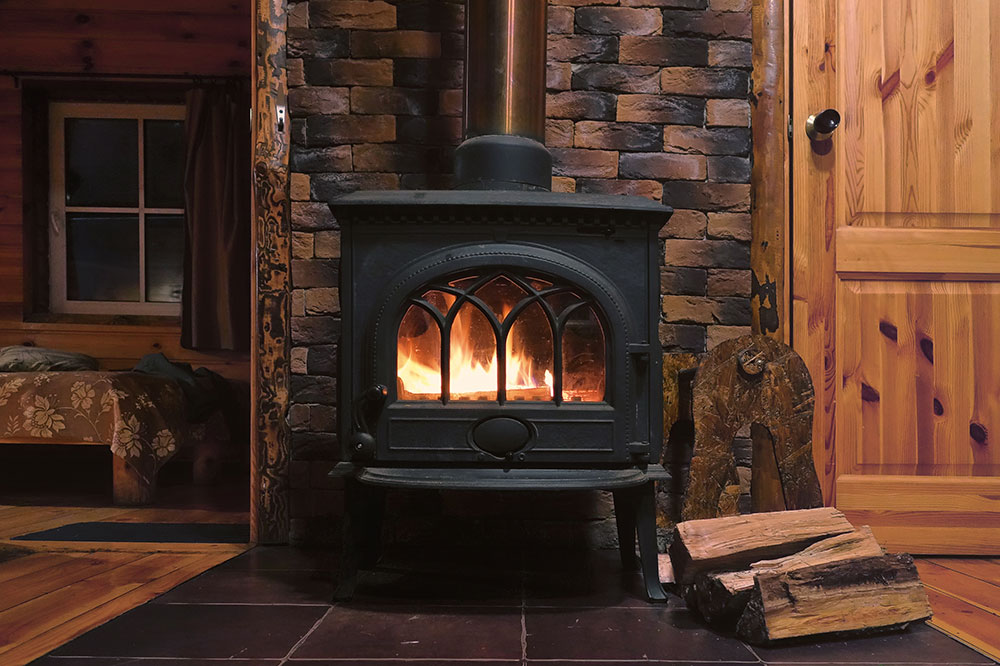6 Factors That Affect a Furnace Price
Generally, before buying things, we all still research products online, compare prices, put them in our online shopping carts, and have them delivered a few days later. When it’s time to replace your heating system, shopping doesn’t just involve a few clicks. However, as a significant investment in your home, getting a new heating system requires careful consideration apart from furnace price and model to ensure you get the greatest deal.

Various factors affecting furnace price
You can make better judgments since your furnace is essential in helping you to be carefree during winter. If it does not serve the purpose and bothers you, it’s time to make a better choice based on your budget. Following are a few factors that affect the furnace price.
- Energy efficiency
You’ll be pleasantly surprised at how much more energy-efficient today’s furnaces are compared to those 15 to 20 years ago. AFUE is a standard that is typically used to quantify energy efficiency.
A furnace with an AFUE of 90% is good, but one with an AFUE of 97% is the best choice to make but would be more costly than the other. Remember that investing in a higher-efficiency furnace will result in years of reduced energy costs.
- Brand
More reputable brands will cost more. This investment typically pays off in improved performance, dependability, and warranty for a furnace. You probably get what you pay for. Investing in a well-known and trusted brand would be the best decision.
- Period of manufacturing
The ideal times to purchase a new furnace are early spring and summer. Manufacturers and HVAC companies frequently provide special offers and financing options because it is the off-season for heating systems.
- Fuel used
Choosing the fuel source for a new furnace is typically the first step towards making a good decision. Electric furnaces are typically a little less expensive than natural gas furnaces. Still, over time, gas may become less expensive due to operational costs, but if you go from one fuel source to another, be prepared to pay more.
- Installation
The cost of your new furnace is significantly influenced by the labor involved in installing the machinery. It will cost extra to complete the installation if there are any difficulties, such as upgrading the electrical system or installing new ducting.
- Features
Variable-speed motors, air pressure switches, electronic air filters, and other cutting-edge technologies are some of the more sophisticated features of higher-end furnaces.
Average furnace price list
Do not buy a furnace based on its price; research all your options. Furnaces heat homes and structures by pumping hot air via ducts that distribute warmth to different rooms. Based on the forms of fuels used and their working, they are classified into different types.
Here is the summary of furnace prices list for some of the most popular furnace types:
Oil furnace
Oil-fired furnaces tend to have AFUE ratings between 80 and 90, making them popular in areas with limited natural gas supply as they’re generally more cost-effective than gas furnaces.
Oil furnaces require regular cleaning of carbon and soot deposits that accumulate on heating exchanger surfaces to maintain efficiency. Brand-new oil furnaces usually cost between $2,000-$6,000.
Gas furnace
About 57 percent of the country’s houses have gas-fired furnaces, making gas the most widely used heating fuel. While purchasing and installing a municipal gas line may increase the price of a gas furnace, it is still more expensive than an oil furnace. The AFUE rating of modern gas furnaces ranges from 89 to 98 percent.
Carbon monoxide detectors must be installed because gas furnaces pose a risk of carbon monoxide leaks. As a result of their propensity to keep clean even when in use, gas furnaces have a lifespan of up to 25 years and require less maintenance than oil furnaces.
A new gas furnace price is typically between $1,500 and $5,000. The price can change depending on the furnace’s size, efficiency level, and extra amenities.
Electric furnace
Electric furnaces have certain advantages despite having a higher operating cost than alternatives like gas and oil furnaces. Electricity is typically available in the country, mainly where finding gas or oil or organizing supply is more challenging.
Electric furnaces can be a renewable energy source with corresponding savings when connected to solar panels. A new furnace typically costs between $1,000 and $3,500. However electric furnaces are less expensive than gas furnaces, but electricity costs must also be considered.
High-efficiency dual-fuel furnaces
The dual-fuel furnace is for cold and hot weather. Simply put, heat pumps transfer heat from the outside to your house. An air handler inside the heat pump warms the air as it passes through the coil of hot refrigerant, and a fan simultaneously distributes the warmed air throughout the house.
On the other hand, heat pumps are ineffective in keeping a pleasant temperature throughout winter. In cold weather, dual fuel systems switch to gas heating; in warm weather, they switch back to heat pumps.
Although the initial installation or upgrade of a system can be pricey, it is one of the market’s most energy-efficient systems (and one of the most expensive). A high-efficiency gas furnace typically costs between $2,500 and $7,000.
Final thoughts
A new home furnace’s price might differ significantly based on several variables, including its kind, size, efficiency rating, added features, and labor costs. Considering these elements, you may make an informed decision that will suit your demands and budget.